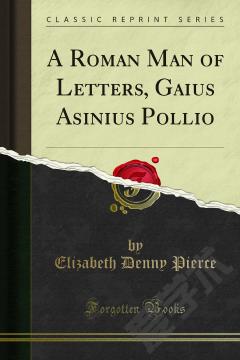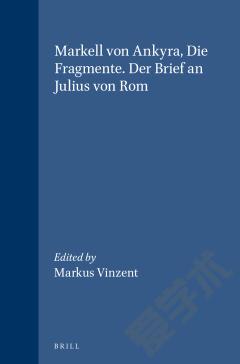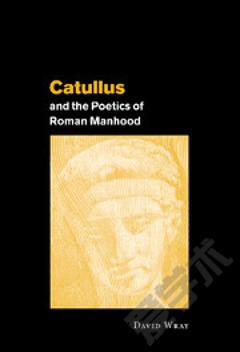A Roman Man of Letters, Gaius Asinius Pollio
The Senate opposed this measure as they feared it would give Pompey still greater power and they therefore appointed Cornelius Lentulus Spinther instead.Cato further used his power as tribune to delay the meeting of the comitia in order that the elections might not be held that year since the acting consuls Cn. Cornelius Lentulus Marcellinus and L.Marcius Philippus were hostile to the plan of the triumvirs to cause Crassus and Pompey to be elected consuls for the year 55 B.C. Although Cicero had been won over and his opposition removed, yet Marcellinus and L.Domitius Ahenobarbus, a bitter enemy of Caesar, had influence enough to prevent the re-election of Pompey and Crassus if the voting were done in the usual way. Crassus therefore arranged with C.Cato and his colleague Sufenas to delay the elections by introducing a measure in the comitia which involved a great deal of discussion and thus postponed the voting.As a result, the year 55 began without consuls or praetors and the consular election was held at the end of January by an interrex. L. Domitius was the only rival who persisted in his candidature, and as he was driven off by armed violence, Pompey and Crassus became consuls.Cato in carrying out his part in the plan violated the Lex lunia Licinia which provided that a bill could not be brought before the comitia until it had been on public view in the aerarium and seventeen days notice given of its proposal The Lex Aelia Fufia was also violated, for this enacted that the comitia for elections must be finished before any legislative proposals could be considered. Cato was, therefore, prosecuted by Pollio for the violation of these laws in 54 B.C. when Pompey and Crassus had finished their year of office and were out of the city and L. Domitius Ahenobarbus was one of the consuls. Cato was successfully defended by C. Licinius Calvus and M. Aemilius Scaurus, friends of Pompey and Crassus.
{{comment.content}}








 京公网安备 11010802027623号
京公网安备 11010802027623号